Mr. Duc emphasized the regulation on granting professional certificates for teachers (abbreviated as GCN) in the content expected to be included in the drafting of the Law on Teachers (NG) to solicit public opinions. On that basis, the Ministry of Education and Training will study and accept it.
CERTIFICATE FOR PEOPLE WHO MEET THE PROFESSIONAL STANDARDS OF TEACHERS
Mr. Duc pointed out the current shortcomings related to the professional activities of NGs. Specifically, at public educational institutions, NGs need to be recognized as having completed their internship and have a recruitment decision. When transferred to another educational institution, those decisions are not valid, causing many difficulties. On the other hand, in the process of professional development, NGs must be evaluated and granted training certificates according to professional title standards, this procedure is not really reasonable.

The Ministry of Education and Training is seeking opinions on regulations for granting professional certificates to teachers.
At non-public educational institutions, NGs are not evaluated to recognize the completion of their internship and confirm their advancement in educational, professional, and technical capacity to serve as a basis for ensuring policies. This causes inequality between public and non-public NGs, even within the same non-public educational institution; at the same time, it makes it difficult to exchange between the two institutions.
Mr. Duc further analyzed that in the context of international integration, the exchange of foreign teachers between Vietnam and other countries is increasing. However, there is currently a certain gap between the output level of foreign teachers training schools and the actual skill and capacity requirements. Therefore, the lack of a certificate often makes it difficult to ensure the quality of foreign teachers teaching in Vietnam. In addition, there are many administrative procedures that make it difficult to exchange, including Vietnamese teachers going abroad and foreigners coming to Vietnam.
The Ministry of Education and Training affirms that the teacher's professional certificate does not create administrative procedures.
Mr. Duc emphasized: "A certificate is a document issued by a competent educational management agency of Vietnam to people who meet the professional standards of teachers. Thereby, it confirms that they meet all the requirements for professional activities (teaching, education), overcoming the above shortcomings."
How will teachers be affected?
Responding to Thanh Nien reporter's question about the impact of this policy on the current NG team, Mr. Duc said that the GCN facilitates NGs if there are changes in their professional activities. The certificate is valid nationwide, so no matter where NGs teach, they do not need to re-implement the internship regime. It especially reduces procedures for NGs in the following cases: transfer and signing of indefinite-term work contracts, fixed-term contracts, guest lecturers or inter-school teaching; transfer from a public educational institution to a non-public educational institution or vice versa; when NGs have retired but still participate in teaching according to the needs of the educational institution.
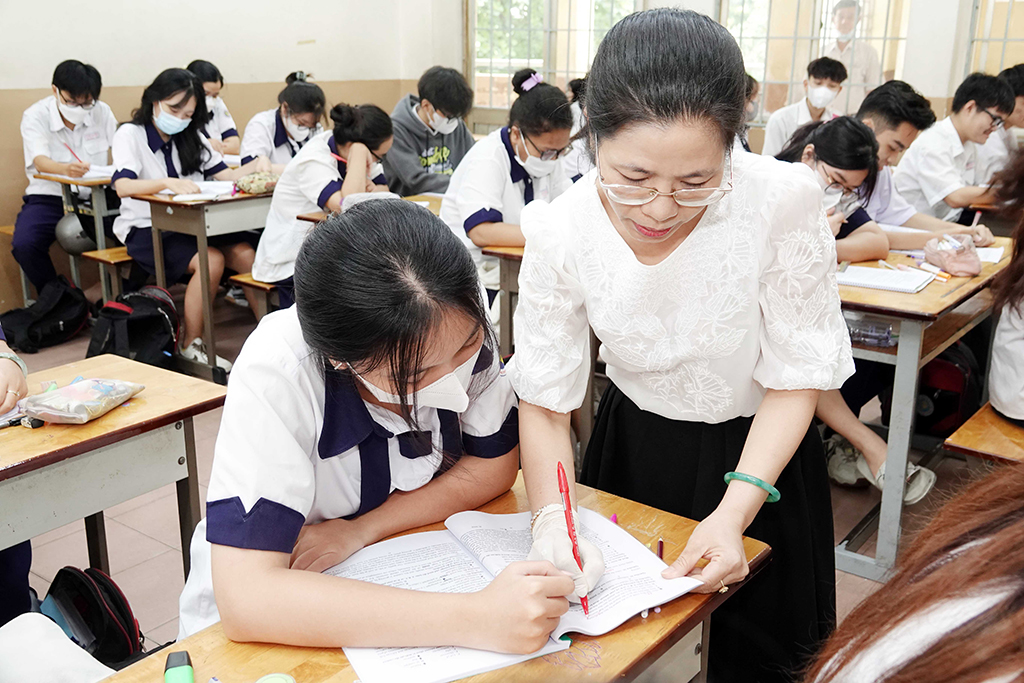
According to the Ministry of Education and Training, a teacher's professional certificate is a document issued by a competent educational management agency of Vietnam to a person who meets the teacher's professional standards.
The certificate is valuable in ensuring uniformity in teaching and education quality among facilities, eliminating the training certificate according to current professional title standards of the NG, because it is valid throughout the time the NG operates (except in cases of revocation or temporary suspension of operations); at the same time, the content of the certificate records the process of promoting the teacher title.
In addition, GCN ensures many requirements of international integration. Currently, most countries require educators to have a license or certificate of professional competence. Vietnam and other countries will recognize each other these types of licenses according to common treaties and other specific regulations; helping to facilitate the exchange of NG between countries, especially the quality control of foreigners working in education in Vietnam.
FREE ISSUE, NO ADMINISTRATIVE PROCEDURES?
In response to concerns from many teachers that the GCN is like a "sub-license", adding administrative procedures for teachers, Director Vu Minh Duc affirmed: "The GCN does not create administrative procedures". At the same time, he further explained that the GCN is issued free of charge, replacing the decision to recognize the end of the internship (currently) for those who have completed the internship regime and have been commented and confirmed by the educational institution to have met the standards from the level of achievement (lowest level) or higher according to the professional standards of a level of education or training.
At higher education institutions, when the institution has a need, those who have a lot of experience in training activities, if meeting the standards, can be considered for the first appointment to a position not as a lecturer but as a main lecturer or senior lecturer and be granted a certificate without having to go through an internship.
Mr. Duc also said that if this provision is included in the law, there will be a convenient transitional provision. Specifically, when the NG law comes into effect, NGs who have been recruited and are teaching at educational institutions will be granted a certificate without having to be evaluated. Retired NGs who wish to be granted a certificate will also be granted a certificate to recognize their dedication to the education career or to continue their professional activities.
There should be a suitable way to avoid trouble.
In essence, the practice certificate is similar to the pedagogical certificate. This is a reasonable requirement, but how to implement it to reduce the burden on the current teaching staff as well as pedagogical students after graduation needs to be discussed.
For example, what if a person graduated from a university with a different major, not a pedagogical major, such as IT or a bachelor's degree in mathematics, but wants to become a teacher of computer science or mathematics? In principle, they have enough knowledge to be able to teach. But to ensure that they can teach, they must be trained and fostered in pedagogical skills. It is reasonable to require this person to have a teaching certificate.
There are currently more than 1 million teachers working in educational institutions. If all of them are required to have additional practice certificates, it would be a very cumbersome request.
Or for students who have graduated from a university with a degree in education, should they be considered as having a certificate to practice teaching after being awarded a university degree in education? In principle, students who have graduated from a university with a degree in education have the capacity and qualifications to practice teaching.
For example, with the current pedagogical training programs of the school, after graduation, students must of course meet the requirements of teaching at educational institutions corresponding to their majors and training levels. From the first year, students have been sent to high schools to get acquainted with the future professional environment. In the program content, the theoretical part, the content related to pedagogical profession accounts for nearly 1/4. Student teachers are taught subjects such as age psychology; pedagogy, pedagogical communication, pedagogical methods (related to skills of preparing lessons, teaching lessons, analyzing programs, etc.). In addition, students also study pedagogical practice subjects at high schools, to implement the theoretical content learned in pedagogical schools.
Associate Professor Mai Xuan Truong , Principal of the University of Education ( Thai Nguyen University)
Please do not confuse the forms.
A certificate is a confirmation that someone has completed a module or a course of study conducted by a training institution. A license is a confirmation by a government agency that a person is capable and authorized to perform a specific professional job in a specific space, for example, a certain province/state. Hopefully, policy-making agencies do not confuse these two forms.
Dr. Le Dong Phuong , independent expert in university education research
Quy Hien (recorded)
Many countries have teaching licenses.
In countries around the world , teachers must have a teaching license to be able to teach in class. A teaching license is a teaching practice certificate issued by the Ministry of Education or local authorities.
For example, each state in the U.S. has different requirements for teaching licenses. Generally, prospective teachers must have a bachelor's degree from an accredited university, complete a preparatory program, and pass a state-mandated exam, such as the Praxis exam, according to the Educational Testing Service (ETS) website. Additionally, applicants must undergo a background check and meet specific school requirements.
Similarly, in many places in the UK, candidates must have a QTS teacher certificate to teach, according to the UK government portal (gov.uk). After completing a teacher training program, passing an exam and meeting all requirements, candidates will be granted a QTS.
In China, candidates must pass the national teacher certification exam (organized by the Ministry of Education's testing agency), the exam organized by the school, and complete a probationary period to officially become a teacher.
Phuc Duy
Source link







![[Photo] Urgently help people soon have a place to live and stabilize their lives](/_next/image?url=https%3A%2F%2Fvphoto.vietnam.vn%2Fthumb%2F1200x675%2Fvietnam%2Fresource%2FIMAGE%2F2025%2F12%2F09%2F1765248230297_c-jpg.webp&w=3840&q=75)


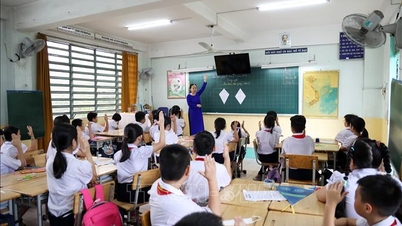


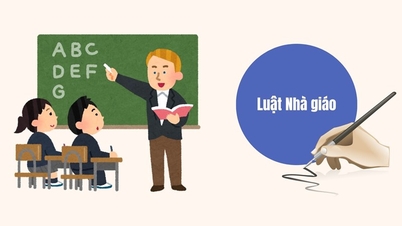

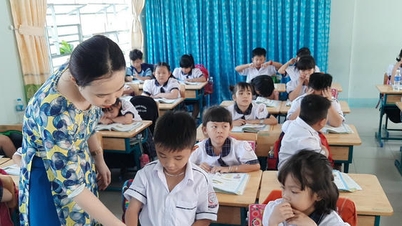





























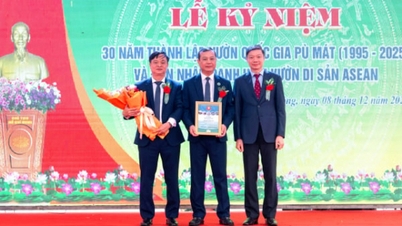



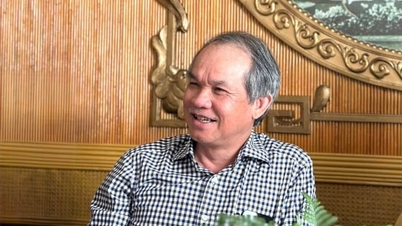
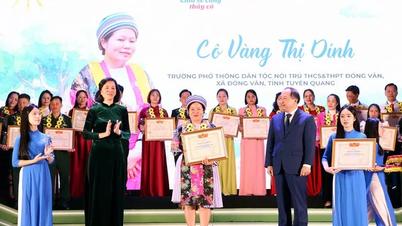
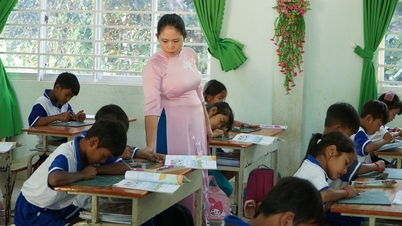



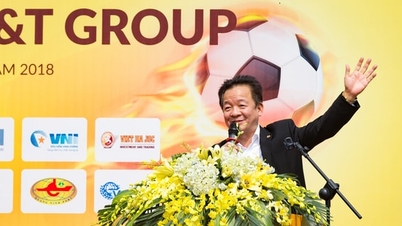





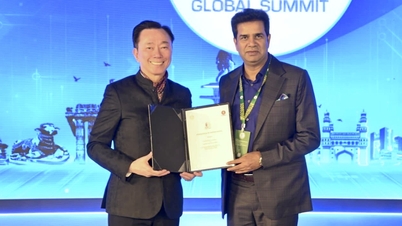


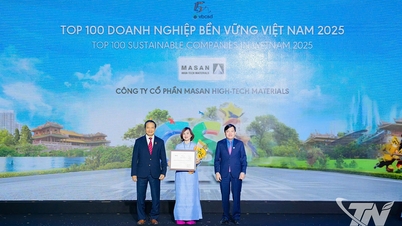


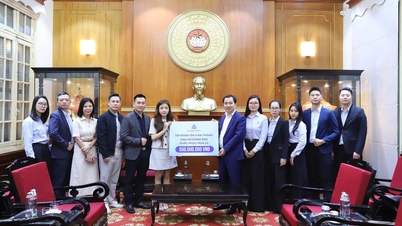







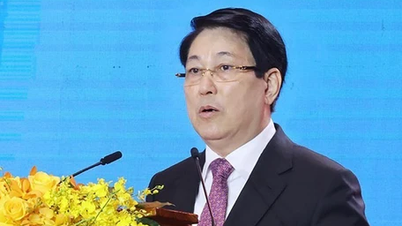


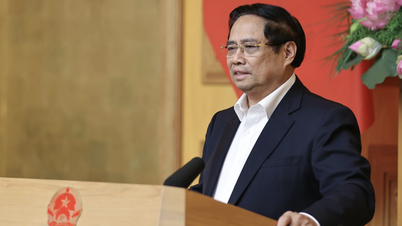


![[Photo] General Secretary To Lam works with the Standing Committees of the 14th Party Congress Subcommittees](https://vphoto.vietnam.vn/thumb/402x226/vietnam/resource/IMAGE/2025/12/09/1765265023554_image.jpeg)







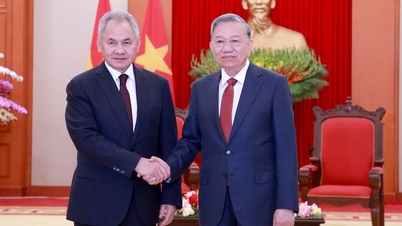





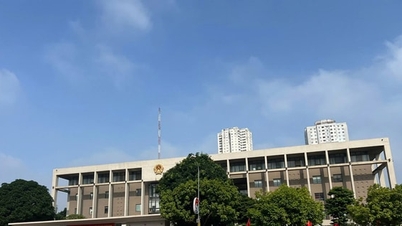


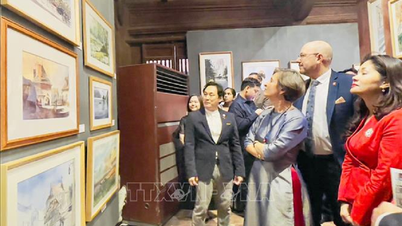

















Comment (0)